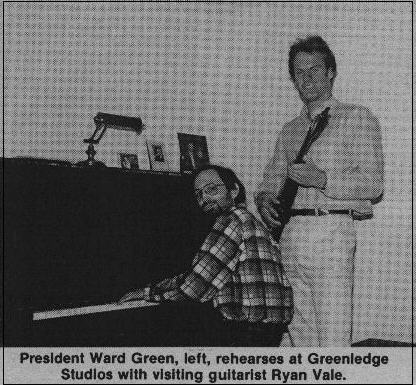 While professional sixteen-tracks have been around for years, they are considered in some circles to be beyond the reach—even beyond the needs of most professional musicians, as far as day-to-day items go. Having worked extensively with four-track cassette, and being aware of the questionable final quality that budget eight- and sixteen-track machines can produce, we at Greenledge Studios think otherwise, and we are very excited and proud to announce... Tascam MS-16 and M520!!
While professional sixteen-tracks have been around for years, they are considered in some circles to be beyond the reach—even beyond the needs of most professional musicians, as far as day-to-day items go. Having worked extensively with four-track cassette, and being aware of the questionable final quality that budget eight- and sixteen-track machines can produce, we at Greenledge Studios think otherwise, and we are very excited and proud to announce... Tascam MS-16 and M520!!
We will be attempting in the next few years to add to this existing core equipment in a professional and serious way to provide affordable, professional-quality recording and mastering for independent musicians and bands.
For the dubious-minded we have in fact already released two cassettes on our own independent label, recorded on four-track cassette, and one of these releases was played on CFQC Radio in Saskatoon! Yes, our minds are reeling at Greenledge.



